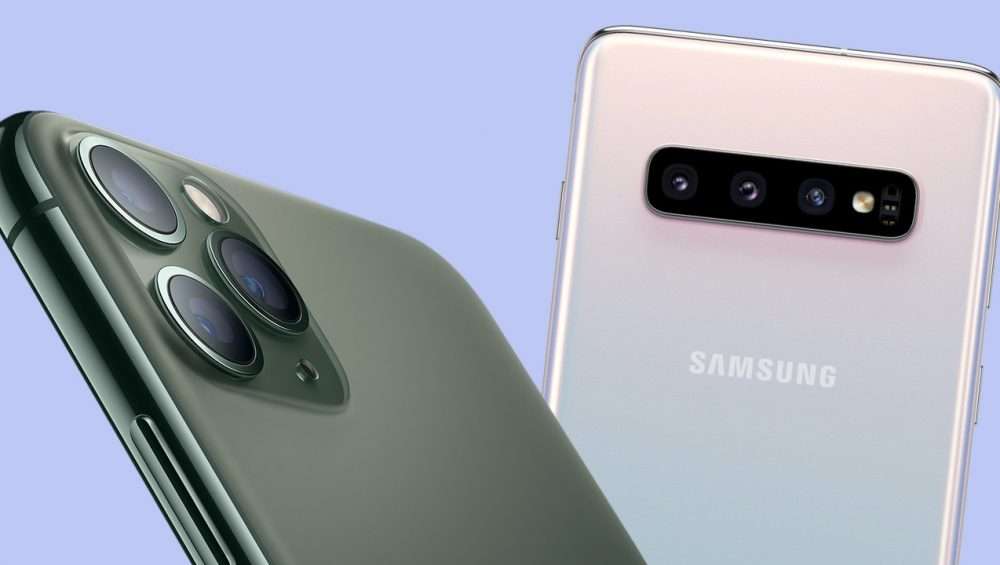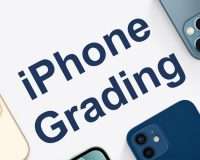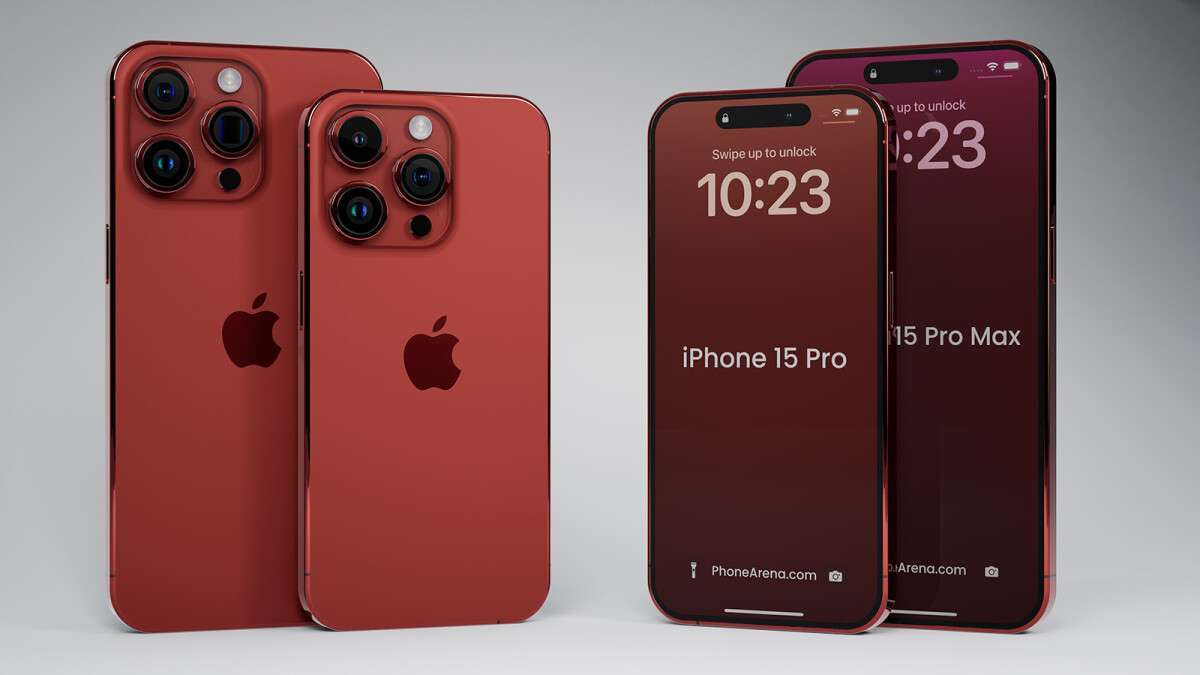Can’t decide between an Apple or Samsung phone? We put the two head-to-head to see which is better.out of every box, a solution to every puzzle; it’s just a matter of finding it.
AYUSH JALAN
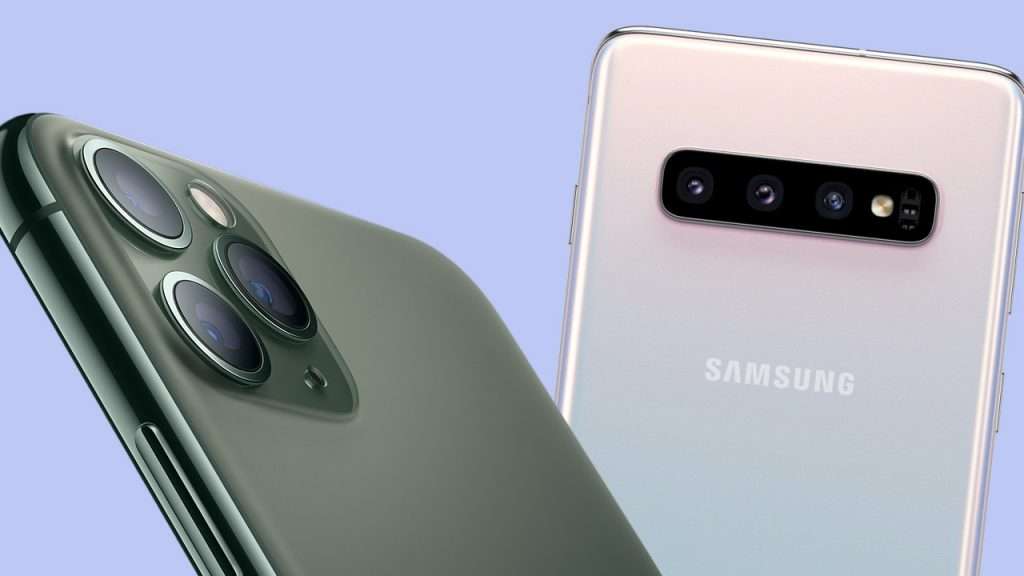
When it comes to comparing iPhone vs Samsung phones, most people already have their favorite set in stone. On one hand, you’ve got your iPhone fans who have been loyal Apple users for years. On the other, you have Samsung fans who just can’t get enough of the tech giants’ bleeding-edge innovations.
But for an average buyer, deciding which phone is better—iPhone or Samsung—shouldn’t be just a matter of personal whim. Instead, both the alternatives must be compared head-to-head to make an informed decision. In this article, we’ll be doing just that. Let’s dig in.
Price and Value for Money
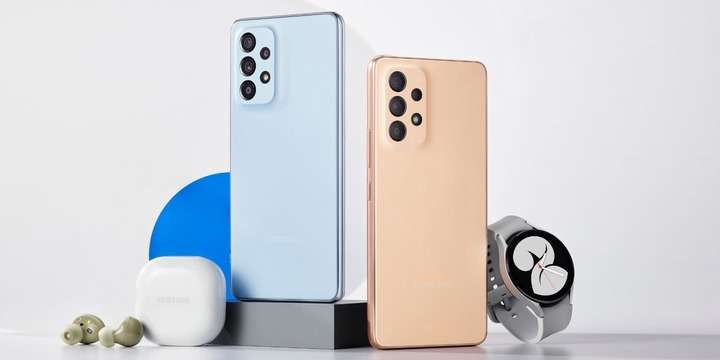
Perhaps the easiest difference to detect between iPhones and Samsung’s flagships is the price. While Apple fans may disagree, you may believe at first glance that iPhones are overpriced—especially if you’re not acquainted with the Apple ecosystem already.
Samsung’s flagships, although still far from being cheap, are more likely to give you a better bang for your buck. And since Samsung has such a wide selection of smartphone series, you can expect to find a good deal no matter your budget.
In contrast, most of what makes iPhones worth it is their seamless iOS software experience and their tight integration with other Apple products like AirPods or Apple Watch. Once you buy an iPhone, it is very likely you’ll find yourself wanting to buy other Apple products as well to get the most out of your device.
Cameras
iPhones have usually enjoyed more praise than their Samsung counterparts in terms of sheer photo quality, image consistency, and video quality. But with its S22 series, more specifically the Galaxy S22 Ultra, Samsung upped its game quite significantly.
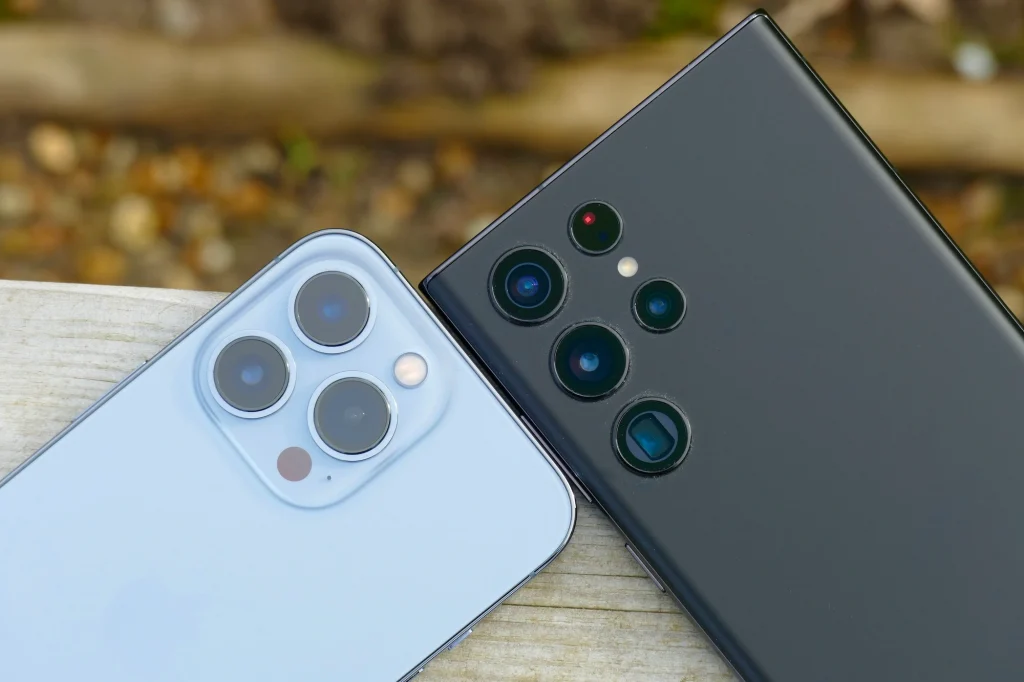
Although consistency is still Apple’s strong suit, the camera experience as a whole feels a lot more refined, fun, and versatile in Samsung smartphones. For the people who like to play around with their camera and experiment with new camera features, Samsung phones are the ones to go for.
But if you prefer a more neutral image and video profile, and don’t want aggressive image processing algorithms to auto-edit them for you, iPhones get the job done quite well. This makes them ideal for professionals who edit their own photos and videos and prioritize natural colors and a more reliable camera experience.
In other words, the camera differences between iPhones and Samsung phones are more about personal preference than objective markers for image quality.
Operating System
Comparing iOS and Android used to be pretty easy with the cliché claiming iOS to be simpler and Android to be more customizable. That used to be the end of the story. But as is the nature of competition, both operating systems have evolved over the years—although old claims remain fairly prominent to this day.
- If you remember TouchWiz, Samsung’s older UI, you know how horrible Samsung’s software game used to be—which isn’t surprising since Samsung is mostly a hardware company. But Samsung’s current One UI skin built on top of Android gives easily one of the cleanest software experiences out there.
On the opposite end of the spectrum, iOS is proprietary software—giving Apple more control over the end-user experience which allows for better RAM management, software seamlessness, user security, and reliability. Additionally, given the smaller number of iOS devices, app developers like Instagram or PUBG often better optimize their apps according to the iOS experience.
Another major advantage that iPhones have over Samsung phones is the longevity of the devices. Although Samsung now offers four years of major Android updates for its flagships and mid-range phones, iPhones can easily last for five to six years.
However, there’s one important caveat to this. Smartphone batteries are made of lithium-ion which means they inevitably degrade over time. If you’re planning to buy an iPhone just because of the longer OS support, keep in mind that the battery will take a hit and you might have to buy a new device in three to four years anyway.
Voice Assistants
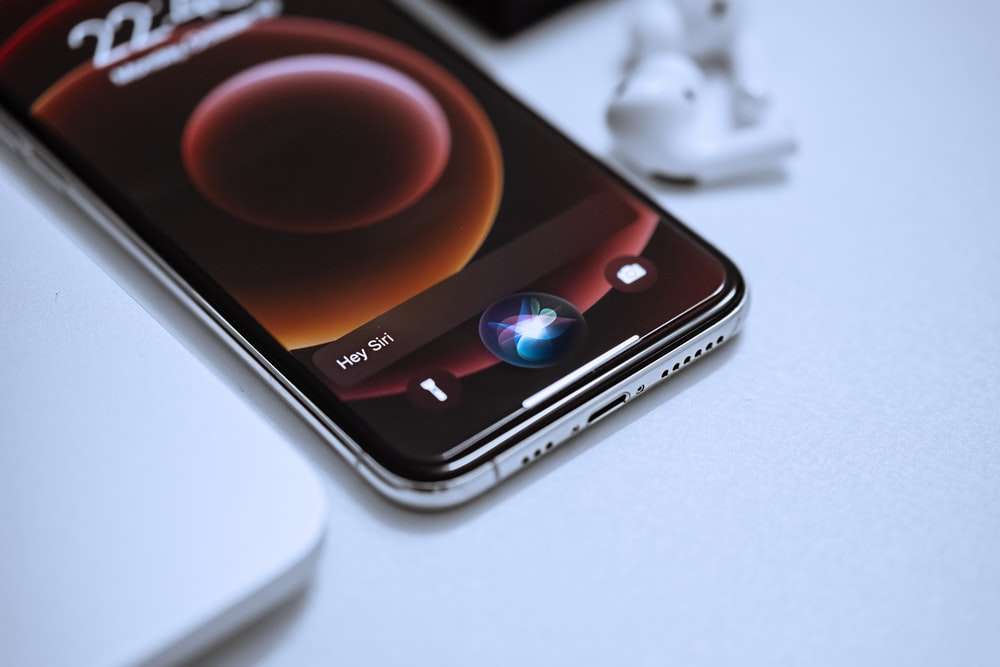
The iPhone’s Siri has been the default voice assistant for the device since the release of the iPhone 4S back in 2011. Samsung, on the other hand, introduced its native voice assistant Bixby in 2017 with the Galaxy S8 series as an alternative to the already useful Google Assistant running on Android phones.
While the attempt was surely commendable, Bixby wasn’t, and in a lot of ways still isn’t, a match for Apple’s Siri and the Google Assistant, although it does take the lead in some specific cases.
But as far as sheer intuitiveness goes, Google Assistant is still the best voice assistant to use on any smartphone regardless of whether you use an iPhone or a Samsung phone, or any other.
Battery Quality
Apple has rarely ever fought the smartphone battle with big claims about its battery. In comparison, Samsung seems to advertise its massive battery life and impressive fast charging speeds quite aggressively in its adverts.
However, although the iPhone doesn’t have a massive battery, its proprietary software iOS is efficient enough that it ensures minimal battery usage resulting in amazing battery life, especially in the iPhone 13 series.
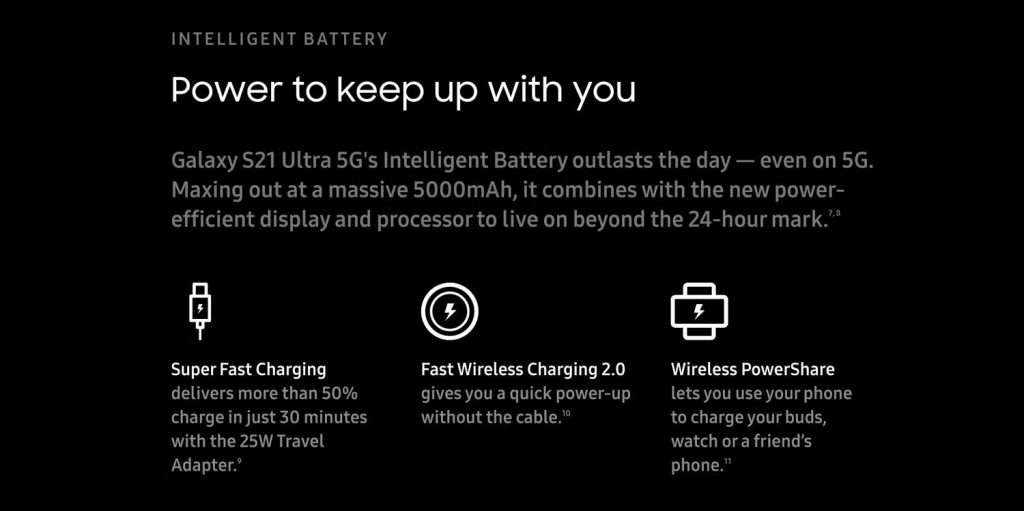
As far as the charging speed is concerned, iPhones still have a long way to go. Apple’s MagSafe charger can take almost three hours to fully charge the iPhone 13 Pro Max; but if you use an unofficial 30W charger, you can fill it in roughly 90 minutes.
In contrast, you can fill up the Galaxy S22 Ultra in nearly an hour using the 45W Samsung adapter—making it more appropriate for power users or gamers.
Sadly, both companies have stopped providing chargers for their flagships inside the box.
Apple vs. Samsung: Which Is Right for You?
Nine out of ten times, a buying decision between two great smartphone alternatives boils down to this: personal preference. And so is the case here.
Most people who buy iPhones do so because of the well-integrated Apple ecosystem and the seamless user experience. iPhones handle core functionalities like calling, video recording, system navigation, and web browsing more reliably.
In contrast, if you are a little more adventurous and want a template on top of which you can personalize and customize your device, Samsung phones are the way to go. With arguably better design, a more fun camera experience, more features, and the One UI skin, Samsung flagships do not fail to impress.


